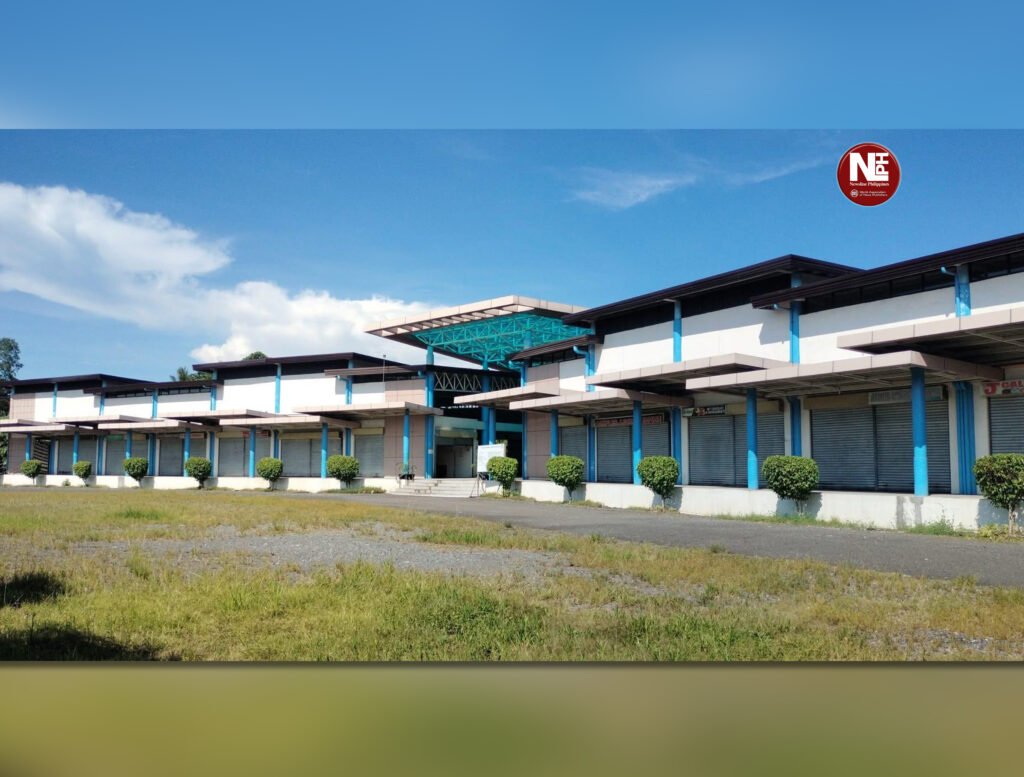
DAVAO CITY (October 8) — The Davao City Information Technology Center (CITC) is set to bring local agriculture into the digital age as it plans to fully digitalize the Davao Food Terminal Complex (DFTC) in Toril by 2026, aiming to make farm-to-market transactions faster, fairer, and more transparent.
CITC Acting Head Nepthaly C. Talavera said the move is part of the city’s broader push to modernize food trading systems and help farmers connect directly with consumers.
“I visited our food terminal and noticed it’s quiet most of the day. There are many people early in the morning and late in the afternoon, but almost none during midday,” Talavera said during the ISpeak Media Forum at the City Mayor’s Office on October 2.
“Through digitalization, we can make trading more dynamic throughout the day.”
App to link farmers, buyers in real time
At the heart of the project is a planned Food Terminal App, which will allow farmers to list their available produce—whether fruits or vegetables—in real time. Buyers and terminal operators will be able to view these listings, place orders directly, and coordinate pickup or delivery through the platform.
The system will also be monitored by the City Agriculturist’s Office (CAgrO) to ensure transparency and traceability.
“Farmers will know where their products are going, and buyers can see what’s available without having to visit physically,” Talavera explained.
Built in-house, farmer-focused
Unlike many government tech projects that require costly outsourcing, Talavera said the app will be developed in-house by the CITC, minimizing expenses.
The main investment, he noted, will be in training farmers, baggers, and terminal staff to use the digital system via tablets or smartphones.
“It’s not about buying expensive equipment—it’s about empowering our farmers to use the tools we already have,” he said.
Reviving the food terminal’s full potential
The ₱1.086-billion Davao Food Terminal Complex, inaugurated in May 2019, was built to help farmers sell directly to consumers and reduce dependence on middlemen. Located on a 20-hectare site in Toril, the complex features cold storage, food processing facilities, warehouses, and trading posts.
While operations have remained steady, city officials observed that trading activity fluctuates throughout the day, with long idle hours in between. Digitalization, Talavera said, could help increase foot traffic, improve inventory management, and strengthen market linkages.
Next steps
The project is currently in its planning phase, with coordination ongoing between the CITC and CAgrO. Implementation is targeted to begin in 2026, aligning with the city’s push to integrate digital tools across public services.
“This is one step toward building a smarter, more connected Davao—where technology helps our farmers thrive and consumers get fresh produce faster,” Talavera said.

